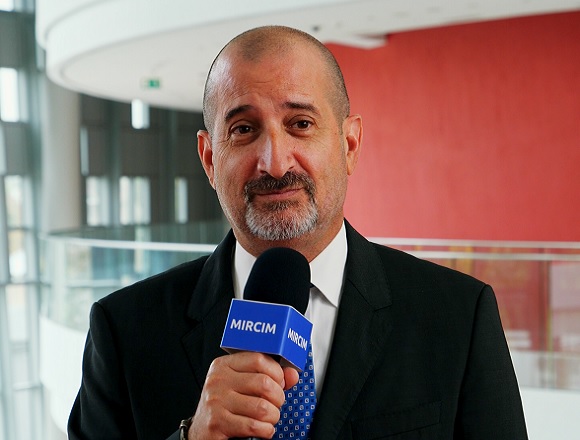Ian Gralnek, MD, MSHS, is a professor of medicine at the Rappaport Faculty of Medicine, Technion-Israel Institute of Technology, Afula, Israel.
What management should be followed in a patient with a positive fecal immunochemical test (FIT) result for occult blood in the stool, no gastrointestinal (GI) symptoms, no anemia, and no abnormal findings on high-quality screening colonoscopy performed several years earlier?
If the FIT is positive and they’ve had a negative colonoscopy relatively recently, I would want to know, was it a high-quality examination that was performed, so that there’s no fear of missing something. If they’ve not had an upper endoscopy, you could perform an upper endoscopy at that point to make sure that they’re not having occult blood because of an upper GI source.
Really the question is how far back did they have their colonoscopy? I think that even though we recommend at this point up to 10 years in terms of surveillance, I’d be a little bit concerned if their colonoscopy was more than 5 years ago and they now come back with a positive FIT.
You could also make the argument in patients who have undergone a high-quality colonoscopy if they truly need to be retested on an annual basis with FIT, because of this possibility of getting potentially a positive examination—and then you’re back into this conundrum of “do I need to repeat their colonoscopy,” so it’s a bit problematic.
It’s less likely to find an upper source, so you could ask the patient whether they’re having any types of upper GI symptoms—whether that could be reflux symptoms, heartburn regurgitation, epigastric distress, abdominal pain—that could lead you to suspect some type of an upper GI source. In terms of that, it is more common with a FIT-positive result to be from a lower GI source and not from an upper GI source.
 English
English
 Español
Español
 українська
українська









